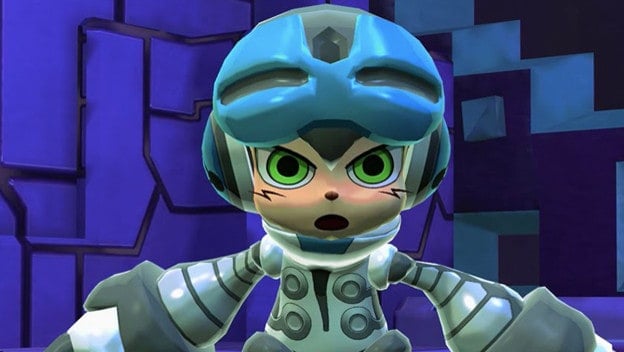Shigeru Miyamoto once made an astute point about delays: “A delayed game is eventually good, a bad game is forever.” His words made sense, and they seem to resonate with the gaming community’s feelings. Well, some gamers will send death threats regardless of what a developer might be going through (see No Man’s Sky ). However, from my experience, when the gaming press reports a delay, the commenters express their disappointment while remaining understanding, if not cautiously optimistic. After all, who cares so long as the game is good?
I tend to agree with Miyamoto and these like-minded gamers. For instance, I’m not sure why Atlus delayed Persona 5 ‘s US release date, but I’m confident that Atlus knows what it’s doing. The company has enough of a good reputation that I feel assured that Persona 5 will be a polished game. However, I also believe that there are exceptions to the mindset championed by Miyamoto. My favorite example is Duke Nukem Forever , but for a recent one you don’t need to look further than Mighty No. 9 .
Thankfully, Mighty No. 9 released three years after its first Kickstarter Campaign, unlike Duke Nukem Forever , which took over a decade to release. However, when I compare the two, I see similar warning signs. Duke Nukem Forever changed several engines. It’s developer, 3D Realms, struggled financially. It only came out thanks to Gearbox Software’s Randy Pitchford’s loyalty to the Duke. Mighty No. 9 also underwent drastic graphical changes, ran a second Kickstarter campaign for additional funds, and failed to communicate with its backers effectively. If the delays improved both games in any quality, it was already too marred by the internal struggle that both companies endured.
Granted, just because a game takes longer than usual to come out doesn’t always mean it will be bad. Prey (2006) also suffered a near-decade development, but received generally favorable reviews, according to Metacritic . Final Fantasy XV and The Last Guardian used to be considered vaporware, but they’re back in development, in good enough state to be shown off to the public, and have release dates. Still, considering these titles also struggled from technical difficulties and internal conflict, my doubt persists.

Typically, the reason given for a game’s delay is polishing and, if there’s really more to it, then Nintendo is good at not letting us know. In hindsight, Nintendo likely allocated a lot of its resources to creating the Wii version when it delayed the Gamecube release of The Legend of Zelda: Twilight Princess , but if they had any financial or creative differences, it never showed itself. There wasn’t much cause for alarm, unless you were a really impatient fan.
If you’re reading this and you’ve been a gamer for a significant portion of your life, you probably have your own signs to look for. Still, I think it’s important to bring this up again, because Mighty No. 9 had something that Duke Nukem Forever did not: crowdfunding. It’s bad enough to see a AAA publisher delay a game, but even more so for indies on Kickstarter because gamers have personal, financial stake in them. I can only hope that Bloodstained: Ritual of the Night doesn’t have to announce a dealy soon, even if for just polishing.
